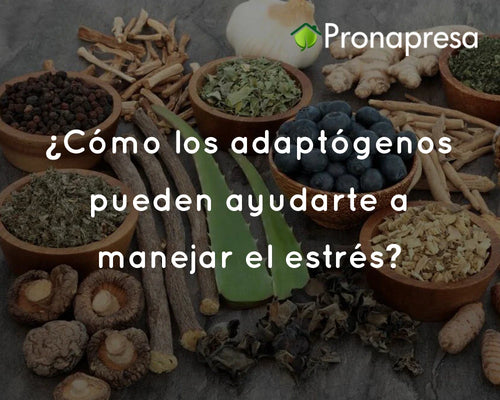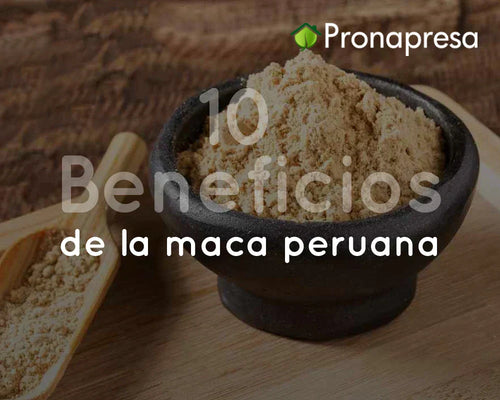
Perimenopause is a crucial stage in the lives of many women, but it's a topic that's little understood by most. If you're beginning to experience changes in your menstrual cycle or notice mood swings, you're likely going through this hormonal transition phase. In this article, we'll explore what perimenopause is, its common symptoms, and how you can manage it naturally to maintain your well-being.
What is perimenopause?
Perimenopause is the transition period toward menopause, which can begin several years before the menstrual cycle stops completely. During this phase, the ovaries begin to reduce their production of key hormones like estrogen and progesterone, which can result in a range of physical and emotional symptoms.
Common symptoms of perimenopause
Perimenopause symptoms can vary widely among women, but some of the most common include:
- Menstrual irregularities : Longer or shorter menstrual cycles.
- Hot flashes: Sensation of intense heat, followed by sweating, especially at night.
- Mood changes: Anxiety, irritability, and depression.
- Sleep disorders: Difficulty falling asleep or staying asleep.
- Decreased libido: Reduction of sexual desire.
These symptoms can begin in the 40s and last between 4 and 8 years, depending on the individual woman.
Benefits of natural therapies during perimenopause
Although perimenopause can be a challenging time, there are several natural therapies that can help reduce symptoms and improve quality of life. Below are some approaches supported by naturopathy and natural medicine:
1. Medicinal plants for hormonal balance
Herbs like red clover and black cohosh are known for their properties that help balance hormones and relieve perimenopausal symptoms. Studies have shown that black cohosh can reduce hot flashes and improve sleep.
2. Essential oils for relaxation
Using essential oils, such as lavender and chamomile, can be an excellent natural remedy for relieving stress and promoting restful sleep during perimenopause.
3. Foods rich in phytoestrogens
Incorporating foods rich in phytoestrogens, such as soy, flaxseeds, and tofu, can help offset declining estrogen levels and reduce symptoms such as hot flashes and vaginal dryness.
4. Natural supplements for perimenopause
Natural supplements can be an excellent option to support hormonal balance . Some of the most recommended are:
- Maca: Adaptogen that helps balance hormones and reduce fatigue and low libido.
- Vitex (Chasteberry): Supports hormonal regulation and relieves menstrual disorders.
- Evening Primrose Oil: Rich in essential fatty acids, it helps reduce hot flashes and improve skin health.
- Magnesium: Key to reducing stress, improving sleep, and relieving cramps.
- Vitamin D and calcium : Essential to prevent bone density loss during this stage.
How can hormonal balance improve your well-being?
Maintaining proper hormonal balance during perimenopause not only reduces the most bothersome symptoms but also improves mood, energy, and overall health. A naturopathic approach offers effective natural alternatives without the side effects of conventional drug treatments.























































